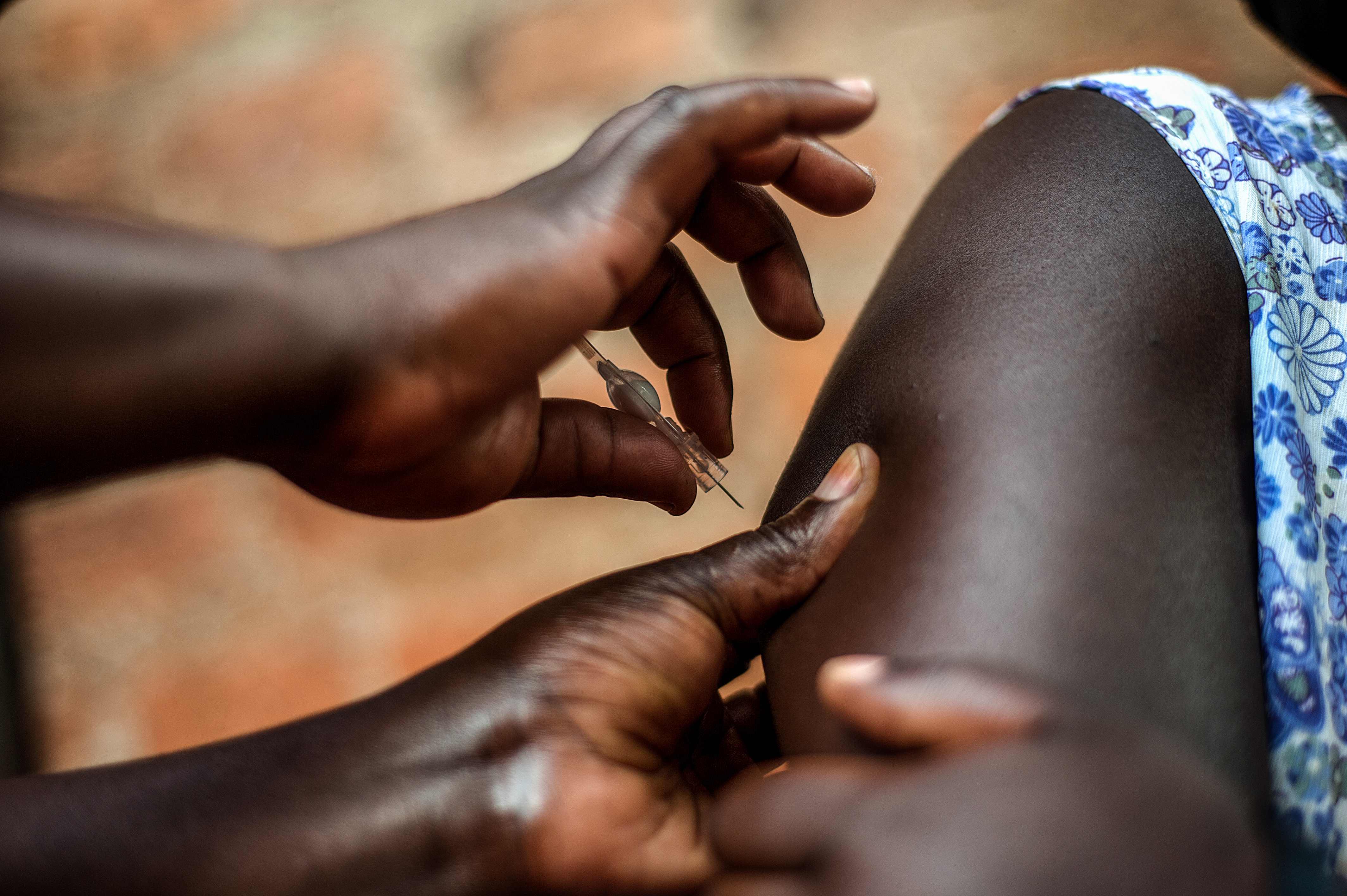New toolkit helps pharmacy associations advocate for the administration of injectable contraceptives by pharmacists
Pharmacists in many countries are unable to administer injectable contraceptives due to policies that prohibit pharmacists and medicine sellers from providing medical services—which includes the administration of injectable contraceptives. A new SHOPS Plus toolkit helps pharmacy associations effectively advocate for an expanded scope of practice for pharmacists that includes the provision of injectable contraceptives.
One in five married women of reproductive age across the 69 Family Planning 2020 focus countries don’t want to become pregnant and are not using a modern contraceptive method. One of the barriers that keeps people from accessing quality family planning services is a shortage of health care workers in their country. Task sharing, or the sharing of certain responsibilities among health workers of various levels, can help countries facing this issue.
“If private pharmacies provided injectable contraceptives at the same market share as condoms and oral contraceptive pills, our analysis shows an additional 9 million women could be served by the private sector,” explains Intissar Sarker, Family Planning Specialist for the SHOPS Plus project and lead developer of the Expanding Access to Injectable Contraceptives through Pharmacies Toolkit. “Unfortunately, the provision of injectables by pharmacists is not allowed by many country policies. This new toolkit will help pharmacy associations advocate to change such policies.”

The toolkit contains six different assets—such as an advocacy plan, an evidence and resource guide, and an infographic to distribute to pharmacists for promotion of efforts—that pharmacy associations can adapt to advocate for any injectable contraceptive, including subcutaneous depo-medroxyprogesterone acetate (DMPA-SC).
“All of the tools function in different ways to help pharmacy associations effectively make the case for a policy change. [Pharmacy associations] should adapt each resource and use them together to truly be effective,” notes Sarker.
Explore each aspect of the toolkit here. Stay tuned for the French version of the toolkit to be available soon.